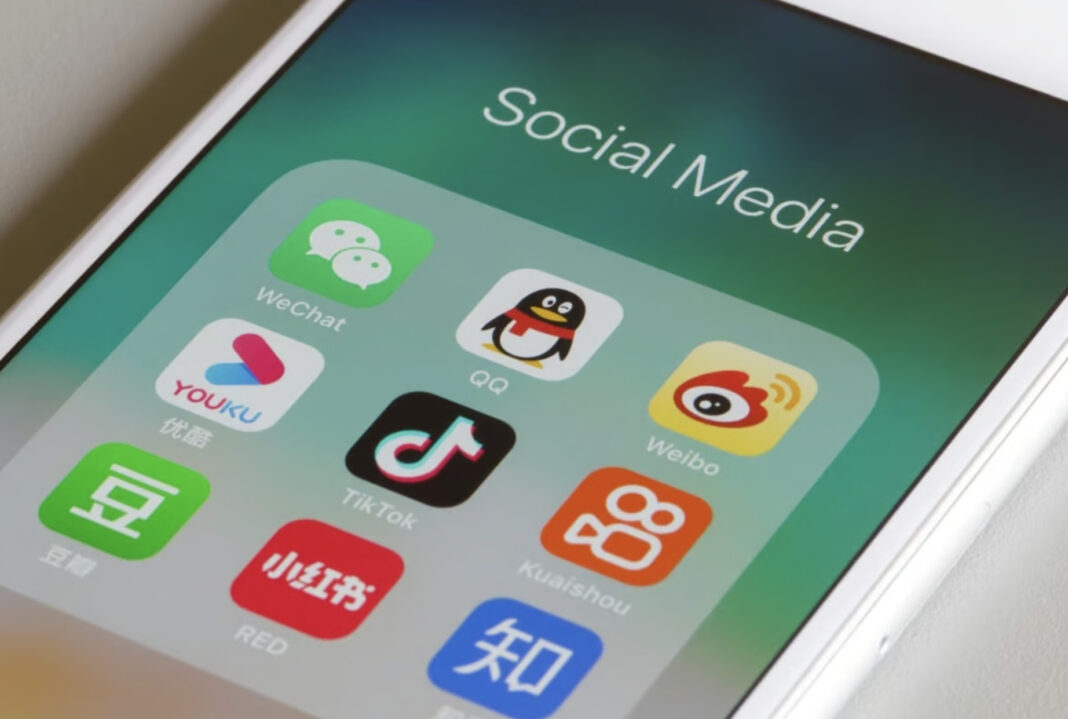A Canadian study has detailed censored search terms about the war in Ukraine on Chinese platforms. Photo: Shutterstock Images
“Ukraine” and “Taiwan” are among a wide range of newly discovered keyword combinations censored by Chinese search engines and social media platforms, according to a study by a group of Canadian researchers.
In a report released on Wednesday, researchers from the University of Toronto’s Citizen Lab said they looked at eight platforms accessible in China and found “60,000 unique censorship rules used to partially or totally censor search results”.
“We show how search platforms operating in China infringe on their users’ rights to freely access political and religious content, by implementing rules to either block all results for a search query or by only selectively showing results from certain sources, depending on the presence of triggering content in the query,” the report said.
China’s internet censors launch crackdown on ‘fake news’ about Covid20 Jan 2023
The researchers used investigative tools to look at various levels of censorship affecting each platform between January 1 and April 2.
They said they found 8,874 new keyword combinations related to global events that could trigger censorship on the sites.
While some combinations were “hard censored” – or returned no matches – others such as “Be the next Ukraine + Taiwan” were “soft censored”, or only gave results from authorised sources.
Among the soft censored Ukraine combinations was “Ukraine + Jixian Wang”. Wang is an Ukraine-based Chinese programmer who shares videos of the conflict, presenting a sharp contrast to the coverage by China’s state media.
Other censored strings of words include “Bo Ming refutes the US + fallacy of Ukrainisation of Taiwan”, a reference to a speech by former Trump administration official Matthew Pottinger who said the US did not want to change the status quo in the Taiwan Strait.
Some sensitive word combinations were related to the military, including references to Chinese company “DJI, drones and Ukraine” and “Elon Musk, Ukraine and the Starlink” communications system.
In addition, references to Taiwan being the next Ukraine and Russia protests over the Ukraine war could not be found in Chinese state media.
“Search engines are the information gatekeepers of the internet,” the report said.
“As such, search platform operators have a responsibility to ensure that their services provide impartial results.”
scmp.com

